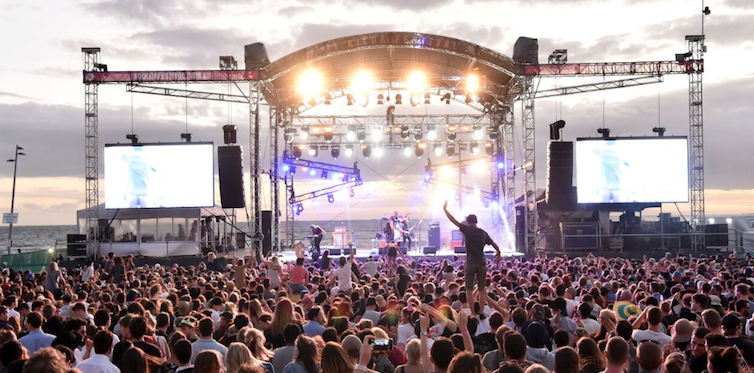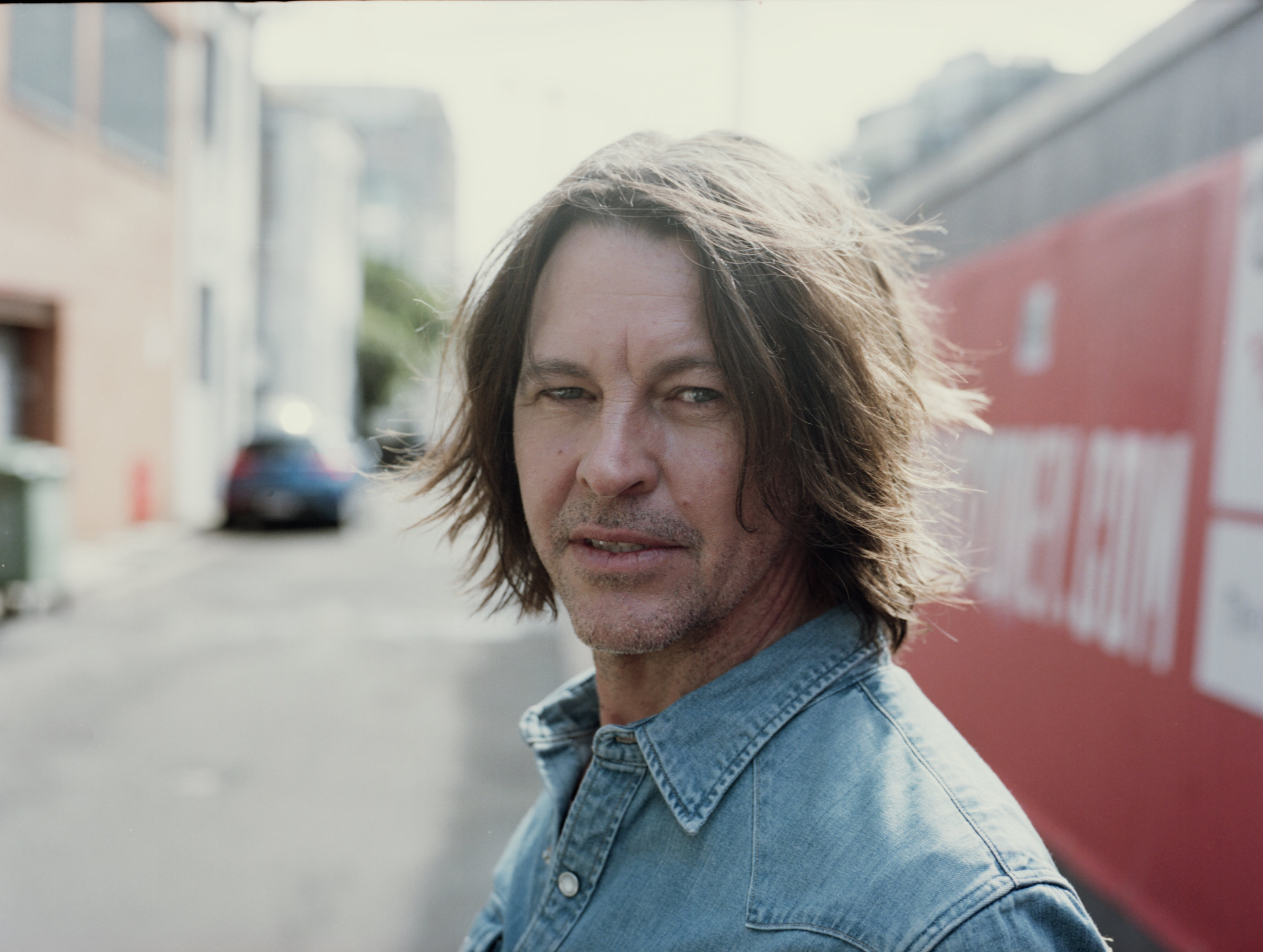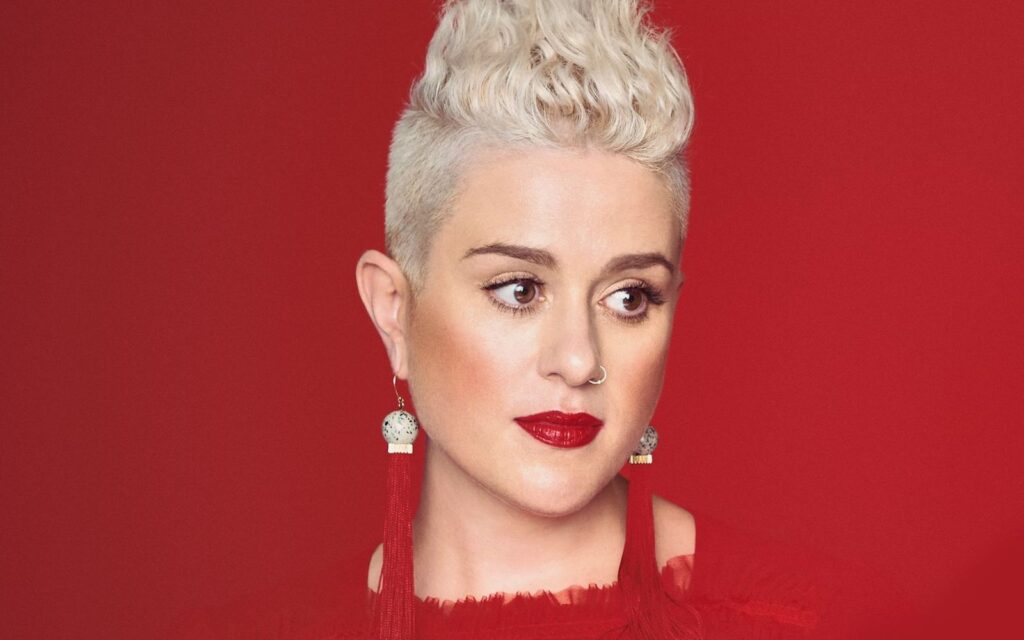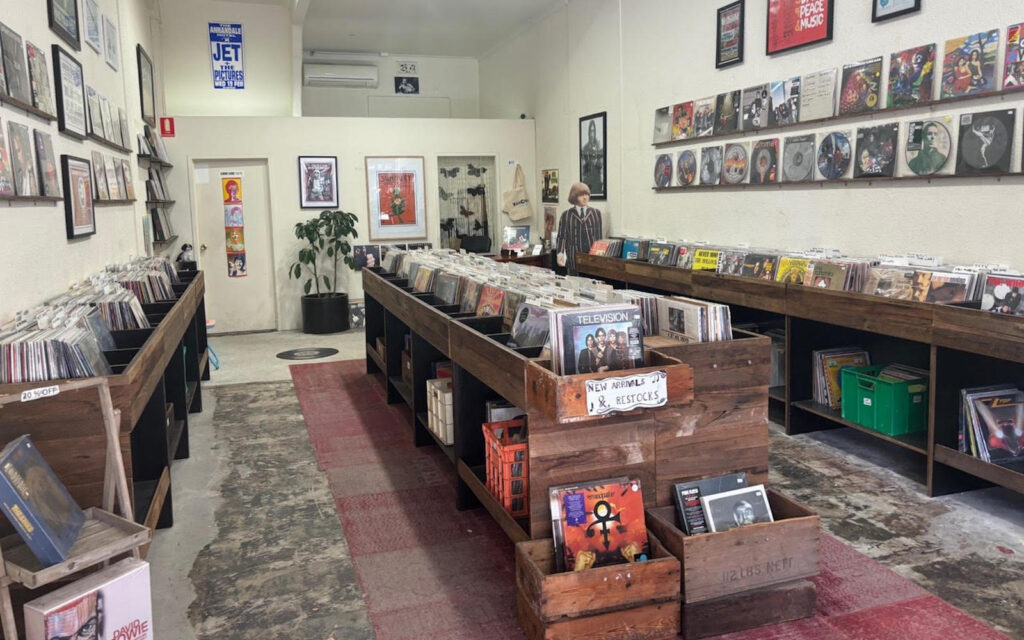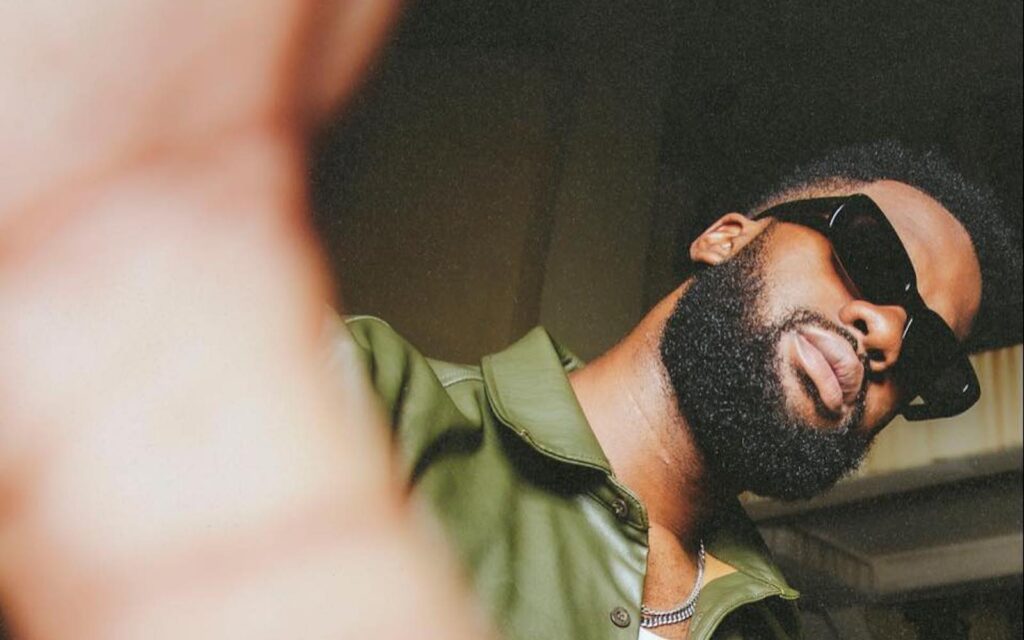These are some of the schemes that could be introduced over the next few years to make Melbourne a greater live music capital than it is.
This morning Music Victoria, the state’s peak body for contemporary music, issued a report called The Victorian Live Music 10 Point Plan outlining how the city has developed successful initiatives over the past seven years. (Actually, it’s eleven ways but Music Victoria CEO Patrick Donovan is clearly a Spinal Tap buff.)
It looks at how the State Government, promoters, venue owners, academics, businesses and lobby groups as air Go 4 Live Music, Save Live Australia’s Music (S.L.A.M) worked together to develop initiatives which have made Melbourne the envy of many other cities.
Says Donovan, “2010 was ground zero when the industry was forced to get organised when the venue crisis was at its worst with a one-size-fits-all approach. The S.L.A.M rally (which drew 20,000) was certainly a turning point. We now have bipartisan support in the political parties. There was some overlapping, but the former Coalition government helped fix the problems, and the current Labor government is making great investments in strengthening the industry like the $22 million Music Works package.”
The eleven points are on the Music Victoria website at www.musicvictoria.com.au. They were compiled as a slate on what issues could be discussed at the Music Cities convention in Melbourne next year, and also for those overseas – the cities of Amsterdam and Bangkok and the UK Musicians Union are just some who’ve expressed interest in learning from Melbourne – to learn from.
A key initiative that’s arousing global interest is the Agent of Change when for the first time in the world, an entire state protected music venues from new residents. (Other cities had introduced the concept only for some of their entertainment precincts). Others include providing parking bays for musicians and road crews without getting ticketed and helping to soundproof venues.
It also recognises the role some councils as City of Melbourne and City of Yarra play in supporting live music as well as Music Victoria’s programs including the Rock Star Parks initiative and the annual Victorian Live Music Census.
In the meantime, initiatives continue. Last week Donovan did a presentation for all 79 state councils suggesting ways to support their local music community. These could range from providing jobs for musicians and providing their buildings as rehearsal and performance spaces, to plugging local gigs on their websites.
Two weeks ago, the state government also made its trial of 24-hour public transport on weekends a permanent one. There are discussions with tourism bodies on how they can promote Victorian acts to then rest of Australia and to the world.
Also to be officially announced soon is Music Friends of Parliament where major Victorian acts will play at Parliament House, for politicians to hear them, and to “break the ice”, as Donovan describes it, to foster personal relationships between the pollies and musicians and the music industry. The first is scheduled to be held in August, and another in November.
